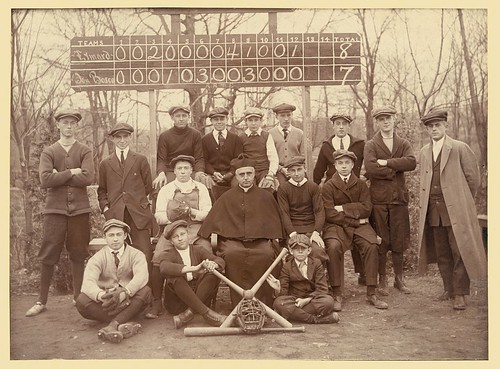A librarian friend posted this video on her Facebook this week, and it is awesome. It was shot in 1947, and besides a couple points of blatant sexism is still a pretty good representation of the heart of librarianship. Love!
My favorite part is the guy at 3:09 who's like "I don't know the author or the title, but it's a blue book," and the librarian says, "I think we can help you," instead of punching him in the face, which is what I would have done. OK, not really. But geez. Actually, that's something I've brought up in my metadata class--that the physical description, while not super helpful for organizing, is more important for recall than you might imagine. I've seen more than enough people asking for a certain color book or book with certain cover art to know that sometimes that's really all a person knows, so we should be able to work with that to help them out.
My favorite part is the guy at 3:09 who's like "I don't know the author or the title, but it's a blue book," and the librarian says, "I think we can help you," instead of punching him in the face, which is what I would have done. OK, not really. But geez. Actually, that's something I've brought up in my metadata class--that the physical description, while not super helpful for organizing, is more important for recall than you might imagine. I've seen more than enough people asking for a certain color book or book with certain cover art to know that sometimes that's really all a person knows, so we should be able to work with that to help them out.



